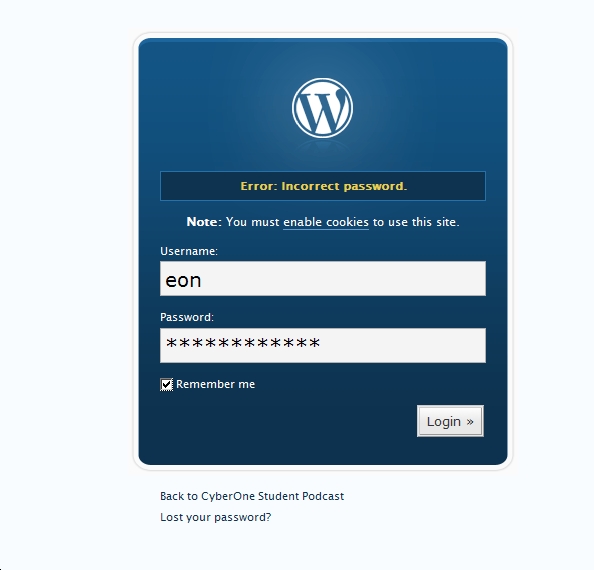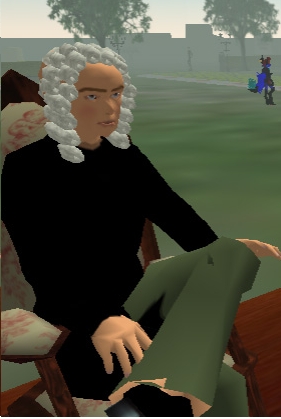monday morning sitting in tripp’s wifi umbrella, wesport harbor, massachusetts, united states of america, planet earth
back from singapore and launch of global poker strategy, nesson lessig and cohen for starts with an incredible team about to emerge
now three days on alchemy with fern brings me to this moment, listening to our laundry crank on the washing machine
first time back to my email either coming in or going out
thought i’d ride it like a blog journey reflecting on my self
now off to gmail
>
should i begin from the bottom or the top
is it hottest news i’m after or solid catching up
back to aug 23
>
donziger first with a headline
Europe Entitled to $90 Billion in Trade Concessions
from U.S. Over Gambling Dispute, Report Says
Tiny Antigua’s Victory in Groundbreaking WTO Case Has
Enormous Significance for Several European Industries
how would we mobilize such a constituency
could we do it in facebook
On 8/23/07, W.D. Grissom -medals @centurytel.net – wrote:
SOME American public opinion would be against the WTO. Others of us would relish the bluestockings and bible-thumpers getting the comeuppance they so richly deserve.
cheers
wdg
Cabot Arkansas
referring to my quote in the new york times
>
Hi Charlie,
Thanks for opportunity to travel with you to Singapore. It was great
getting to know you.
I am intrigued by the prospects for GPSTS as I believe it raises a number of
intellectually and socially compelling questions. I am eager to help tell
its story and look forward to working with you on the media content further.
I will get started on the items we discussed as soon as I return home and be
in touch with questions or content for you to review as things come
together.
I am also very grateful for the chance to meet Kevin, Roz and Carla. Their
work fascinates me and I want to do everything I can to help them make their
various projects succeed. I have a feeling theirs is a friendship I will
have for many years to come.
Peter
Charles Nesson
to Thomas, Lawrence, Jonathan, Steven, Peter
8:20 am (0 minutes ago)
peter i feel i have known you as long as i have known tom and feel all the love i feel for him for you magnified, reflected
go ahead
cut the most wonderful stuff you can find in what you’ve got and put it up
but if you are cutting you are not shooting which seems a shame unless you have a twin
go ahead
you have full support
>
Charlie,
I didn’t get a chance to say goodbye before we all had to leave – I wanted to take an opportunity to congratulate you on such an incredibly wonderful launch of the GPSTS and to thank you for giving me this opportunity. I’ve had such a wonderful experience working with you on this project, and I look forward with such excitement to the great things we’re going to do. Hell, even if we don’t accomplish another thing, you’ve made it possible for me to travel around the world to talk about poker with some of the brightest people I’ve ever met. Thank you for this opportunity, and I look forward to what we’re going to accomplish together.
Warmly,
Andrew
P.S. We’re not a bad teaching team, are we? J
Charles Nesson
to Andrew
Lawrence, Jonathan, Steven
show details
8:30 am (0 minutes ago)
andrew you are awesome
you blew me away when we were up there together
global poker strategy
here we come
>
henrik i am honored by your inquiry. congratulations on your victory. it resonated as a message of truth from denmark
you have an invitation to come speak with my students at harvard. let me talk dates when i get back to my office. i am pleasantly aboard my sailboat now, which somehow seems danish as a place to be
On 8/24/07, Henrik Norsk Hoffmann -hnh @dandersmore.com wrote:
Dear Professor Nesson,
My name is Henrik Norsk Hoffmann and I am an attorney with the Danish law firm DANDERS & MORE.
Among others, I am specialised in gaming law, and am considered the leading expert in Denmark within that area. I am also member of the international organisation International Masters of Gaming Law.
I recently represented the Danish Poker Association in a criminal case, where the issue at hand was whether or not a poker tournament is a game of skill. I won the case, as the district court in Lyngby, a suburb of Copenhagen, ruled in favour of the Danish Poker Association, deciding that a poker tournament is a game of skill.
In Financial Times Weekend last weekend I read an article in which Roger Blitz referred to you and your project on global poker strategic thinking societies in his article “Harvard professor flushes out answer to life’s hard calls: poker”.
I very much agree with your views on poker, and would be interested in learning more about your project, and maybe discuss the various skill elements of the game.
I am looking very much forward to hearing from you.
Kind regards,
Henrik Norsk Hoffmann
Lawyer
henrik.hoffmann @dandersmore.com
DANDERS & MORE
Lautrupsgade 7
DK-2100 Copenhagen
Telephone +45 33 12 95 12
Telefax +45 33 12 95 15
>
Poker and engineering design Inbox
Reply
Reply to all Reply to allForward Forward Print Add Tim to Contacts list Delete this message Report phishing Show original Message text garbled?
“Short, Tim”
to nesson
show details
Aug 24 (3 days ago)
Dear Profesor Nesson,
I recently came across an article in the Financial Times which states that you are pushing the teaching of poker in order to “teach respect, business acumen and even war strategy”. I thought you might be interested in the approach that a former colleague (Professor Ernie Appleton) and I have developed, regarding the teaching of engineering design, based on an analogy with card games and poker in particular. We’ve recently written a paper on the analogy – available via http://www.informaworld.com/smpp/content~content=a779334270~db=all~order=pubdate.
I note in particular the FT comment that “some of these instincts for survival hardly encouraged notions of mutual trust”; on the other hand, we have drawn the analogy that Toyota’s approach to design effectively puts them in a poker game as 4 different players, each of whom know the other’s hand and is able to share cards to try to make up the best hand to beat the competition …
Anyway, please feel free to come back to me if this approach is of any interest and the best of luck for your “global poker strategic thinking societies”.
Yours sincerely,
Tim
Dr Tim Short
Senior Lecturer in Engineering Design
Department of Engineering
University of Liverpool
Ch.205A, Chadwick Building,
Peach Street,
Liverpool L69 7ZF
Charles Nesson
to prof, Andrew, Tim
9:08 am (0 minutes ago)
yes tim your approach is decidedly of interest. elaboration of the lessons thinking poker teaches against case studies of companies that have learned them will be key to legitimating global poker thinking.
i am cc’ing prof harry tan with whom i am talking about assembling a business conference on poker strategy in singapore and andrew woods gpsts director


